MKUltra's Lingering Shadow: Unearthing the CIA's Mind Control Experiments and Their Devastating Legacy

For decades, the shadow of MKUltra, the CIA’s infamous mind control program, has loomed large in the realm of government conspiracy theories. While officially acknowledged and ostensibly shut down in the 1970s, the program's scope, methods, and long-term consequences continue to fuel speculation and distrust. We delve into a specific, often overlooked aspect of MKUltra: the declassified documents detailing the devastating effects on the program's unwitting participants and the ethical vacuum in which these experiments operated. Why does MKUltra continue to captivate? Because it represents a profound betrayal of trust, a chilling example of government overreach, and a stark reminder of the potential for abuse of power.
MKUltra: A Brief Overview of Government Conspiracy Theories
MKUltra, initiated in the early 1950s, was a top-secret CIA project aimed at exploring the potential of mind control and psychological manipulation. Driven by Cold War anxieties and fears of Soviet advancements in similar fields, the program involved a wide range of experiments, often conducted without the knowledge or consent of the subjects. These experiments included the administration of psychoactive drugs (most notably LSD), hypnosis, sensory deprivation, electroshock therapy, and verbal abuse.
The program operated under a cloak of extreme secrecy, utilizing front organizations and university researchers to conduct its experiments. This deliberate obfuscation makes it incredibly difficult to ascertain the true scope of MKUltra and the full extent of its impact. The official narrative, presented by the CIA after the program's exposure, paints a picture of rogue scientists and misguided efforts. However, a closer examination of declassified documents reveals a far more disturbing pattern of systemic abuse and a deliberate disregard for human rights.
Unmasking the Victims: The Human Cost of Mind Control
One of the most compelling and unsettling aspects of MKUltra is the profound and lasting damage inflicted upon its participants. Declassified documents, while often heavily redacted, offer glimpses into the suffering endured by these individuals. Many subjects experienced severe psychological trauma, including anxiety, depression, paranoia, and psychosis. Some were driven to suicide.
The program’s ethical bankruptcy is perhaps best illustrated by the case of Harold Blauer, a professional tennis player who died in 1953 after being injected with a derivative of mescaline as part of an MKUltra experiment. His death was concealed for years, and the Army initially attributed it to other causes. It wasn't until decades later, through legal action, that the truth emerged, revealing the Army's and the CIA's complicity in his death. This tragic case highlights the callous disregard for human life that characterized MKUltra.
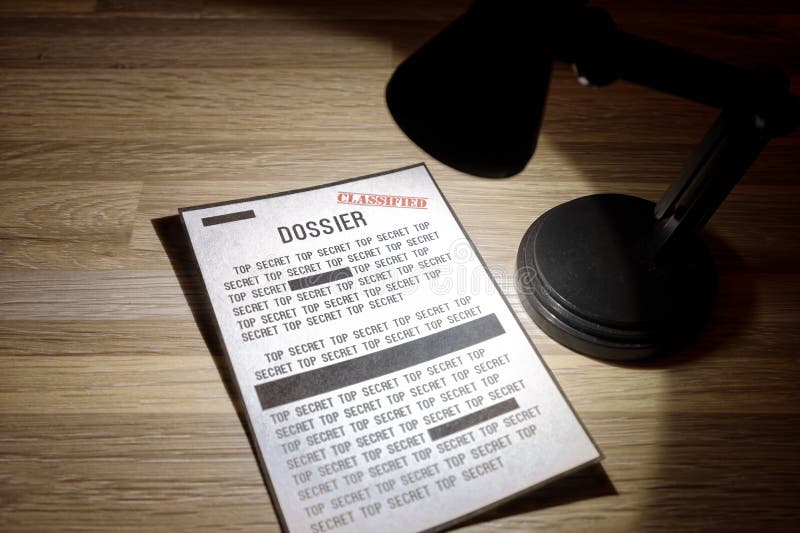
Furthermore, many MKUltra participants were vulnerable individuals, including mental patients, prisoners, and drug addicts. Their compromised circumstances made them particularly susceptible to manipulation and abuse. The program's reliance on these populations raises serious questions about the ethical standards (or lack thereof) that guided its operations.
Declassified Documents: Peering Through the Cracks in the Wall of Secrecy
Despite the CIA's efforts to bury the truth about MKUltra, thousands of documents related to the program have been declassified over the years. These documents, accessible through the National Archives and Records Administration and various online repositories, offer invaluable insights into the program's inner workings.
However, accessing and interpreting these documents can be a challenging task. Many are heavily redacted, obscuring key details and hindering a complete understanding of the program. Furthermore, the sheer volume of material can be overwhelming, requiring meticulous research and analysis to piece together a coherent narrative.
Nevertheless, even with their limitations, the declassified documents provide compelling evidence of the program's scope and the extent of its abuses. They reveal the names of researchers involved, the types of experiments conducted, and the code names used to conceal the program's activities.

One particularly revealing set of documents pertains to the "Subproject 68," which involved the use of LSD on unsuspecting individuals in public settings. These experiments, conducted in the 1950s and 1960s, aimed to assess the drug's potential as a weapon for psychological warfare. The documents detail how CIA operatives laced drinks and food with LSD, then observed the subjects' reactions. The ethical implications of these experiments are staggering, as they involved the deliberate drugging of innocent people without their knowledge or consent.
The Gulf of Tonkin and MKUltra: Intersections of Deception and Manipulation
While seemingly disparate, the Gulf of Tonkin incident and MKUltra share a common thread: the manipulation of information and the abuse of power. The Gulf of Tonkin incident, which served as a pretext for escalating U.S. involvement in the Vietnam War, involved alleged attacks on U.S. Navy ships by North Vietnamese forces. Subsequent investigations have revealed that the official account of the incident was likely exaggerated or even fabricated.
It is plausible that the techniques and strategies developed under MKUltra, such as psychological manipulation and disinformation campaigns, may have been utilized in the context of the Gulf of Tonkin incident to shape public opinion and justify military action. While direct evidence linking the two events remains elusive, the parallels in terms of government deception and the manipulation of public perception are undeniable.
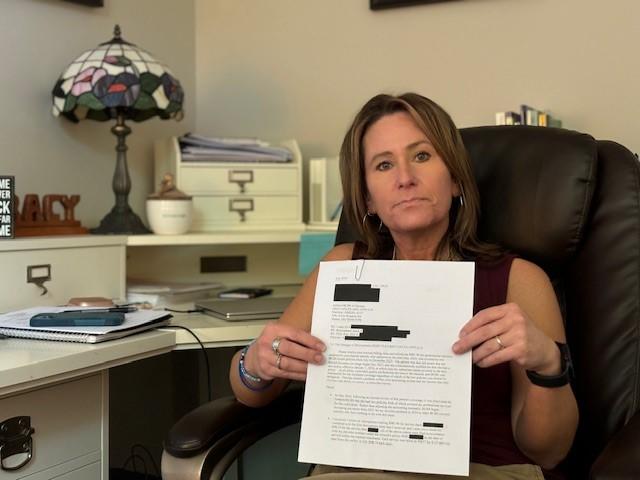
The Legacy of Distrust: Why MKUltra Still Matters
The legacy of MKUltra extends far beyond the program's official termination. It has fueled a deep-seated distrust of government and a skepticism towards official narratives. The program's exposure revealed the potential for abuse of power and the willingness of government agencies to engage in unethical and illegal activities.
This distrust is further compounded by the ongoing secrecy surrounding MKUltra. Many documents remain classified, and key questions about the program's scope and long-term consequences remain unanswered. This lack of transparency only serves to fuel conspiracy theories and deepen the public's suspicion.
The MKUltra scandal underscores the importance of government accountability and the need for robust oversight mechanisms to prevent future abuses. It also highlights the ethical responsibilities of researchers and the dangers of blindly following orders without questioning the morality of their actions.

Lingering Questions and the Pursuit of Truth
The MKUltra program raises profound questions about government secrecy, abuse of power, and the manipulation of public perception. How could such a program have been allowed to operate for so long without oversight? Who authorized these unethical experiments? And what steps have been taken to ensure that such abuses never happen again?
While some progress has been made in uncovering the truth about MKUltra, many mysteries remain. The pursuit of transparency and accountability is essential to ensuring that the program's victims receive justice and that the lessons of MKUltra are not forgotten.

The Ethical Imperative: Preventing Future Abuses
The MKUltra saga serves as a chilling reminder of the importance of ethical considerations in scientific research and government operations. The program's blatant disregard for human rights and its reliance on deception and manipulation represent a profound failure of moral leadership.
To prevent future abuses, it is crucial to establish clear ethical guidelines for government-sponsored research and to ensure that these guidelines are strictly enforced. Whistleblower protection laws must be strengthened to encourage individuals to come forward with information about unethical or illegal activities. And government agencies must be held accountable for their actions, regardless of the justifications offered in the name of national security.
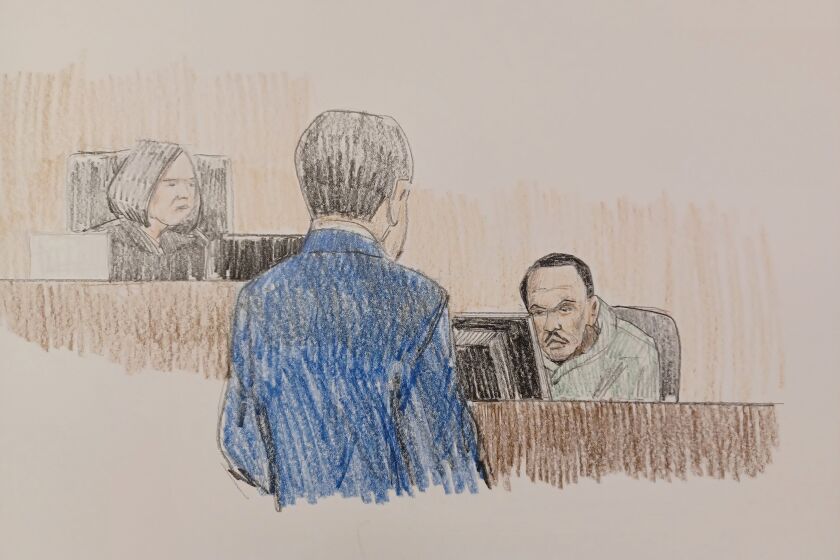
Resources for Further Research
For those interested in learning more about MKUltra, there are numerous resources available, including declassified documents, books, documentaries, and academic articles. The National Archives and Records Administration (NARA) is a valuable source of primary source materials. Books such as "The Search for the Manchurian Candidate" by John Marks and "A Terrible Mistake" by H.P. Albarelli Jr. provide in-depth analyses of the program and its consequences.
Furthermore, organizations such as the Electronic Frontier Foundation (EFF) and the American Civil Liberties Union (ACLU) have been instrumental in advocating for government transparency and accountability. Their websites offer valuable information about government secrecy and the fight for access to information.
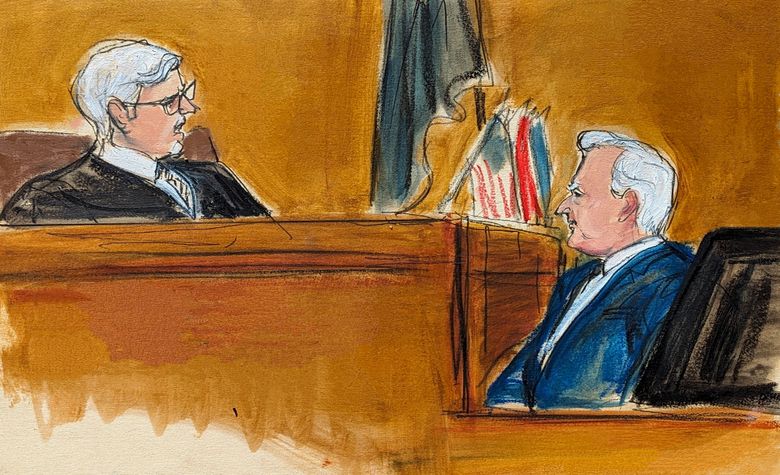
Conclusion: A Call for Vigilance
The MKUltra program stands as a stark warning about the dangers of unchecked government power and the importance of protecting individual rights. The program's legacy of distrust and secrecy continues to haunt our society, reminding us that vigilance is essential to safeguarding our freedoms. By demanding transparency, holding government accountable, and upholding ethical principles, we can ensure that the abuses of MKUltra are never repeated. The quest for truth and accountability must continue, not as a pursuit of conspiracy, but as a crucial defense of liberty and the principles of a just society.
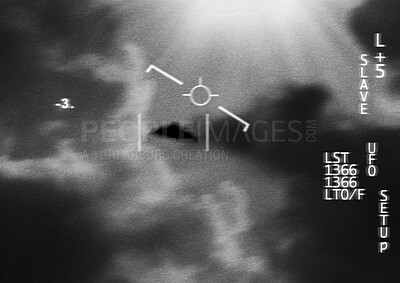
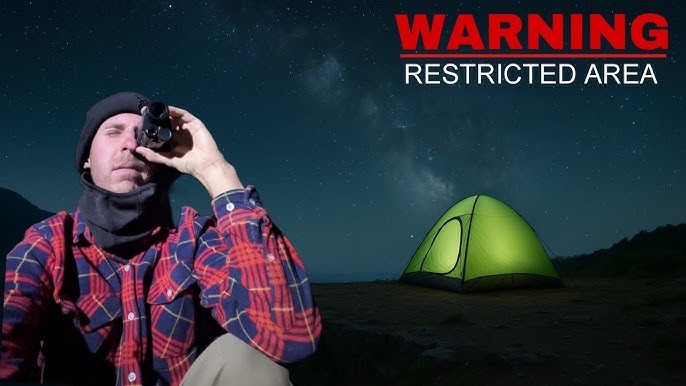 Image Alt Text: The National Archives building, a place where information can be obtained on such programs as MKUltra.
Image Alt Text: The National Archives building, a place where information can be obtained on such programs as MKUltra.
Sources:
- Marks, John. The Search for the Manchurian Candidate: The CIA and Mind Control. Times Books, 1979.
- Albarelli Jr., H.P. A Terrible Mistake: The Murder of Frank Olson and the CIA's Secret Cold War Experiments. TrineDay, 2009.
- United States Senate, Select Committee to Study Governmental Operations with Respect to Intelligence Activities. Final Report of the Select Committee to Study Governmental Operations with Respect to Intelligence Activities (Church Committee Report), 1976.
- Richelson, Jeffrey T. Science, Technology, and the CIA: A National Security Archive Documents Reader. ProQuest, 2001.
- National Archives and Records Administration (NARA). https://www.archives.gov/